Comprehensive Japanese CourseStudent Visa Available
Comprehensive Japanese Course
I.C. Nagoya’s most popular course, this intensive and rewarding Japanese study program lasts for 1-2 years, and prepares you to enter a Japanese university or college, or to get a job in Japan. Student visas are available for citizens of most countries, and the course starts 4 times a year. This course is a great way to increase your Japanese abilities to a high level, and kickstart your life in Japan!
I.C. Nagoya will guide you through the otherwise difficult student visa application process. Please note that due to visa restrictions, not all nationalities can be accepted. This course is also available to people with other long-term visas such as working holiday, spouse or dependent visa.
Who is this course for?
- People who want to study in a university, technical school or higher education in Japan.
- People who aim to work in Japanese companies abroad or companies in Japan
Course details
- 20 lessons per week
- Classes Monday through Friday, 38 weeks a year
- Maximum 20 students per class
- Starts in January, April, July and October
- Study for one to two years in total
- Student accommodation available at extra cost
Am I eligible?
If you are applying for a student visa, you must meet these requirements:
-
Education
You must have completed at least 12 years of education, or the equivalent.
-
Funds
You or a family member must have enough savings to pay for tuition and living expenses (at least 1,350,000 yen total for a one-year course).
-
Application
You must apply before the visa application deadline.
-
Study
You must be able to show that you are serious about studying Japanese.
*Please note that some nationalities may be restricted from receiving a visa by the Japanese government.
What makes this course special?
The Comprehensive Japanese Course is designed for people who are serious about wanting to master the Japanese language and improve their Japanese ability.
- Intensive, varied lessons: classes will use your time fully, offering pairwork, discussion, projects and more
- High rates of college acceptance and job placement
- Individual care: Staff assist you according to your goals and abilities
- Specialized curriculum: classes teach not just the language, but also the culture and history, for a full understanding
Study Program
On this course, you will study Japanese from your starting level (usually low beginner) all the way to advanced level. Our curriculum has been honed over the years to help students improve early and move up through the levels.
-
Elementary – Learning pronunciation, Hiragana, Katakana, basic kanji and respectful/ honorific grammar, students will be able to communicate in daily life.
-
Pre-Intermediate – Strengthen the ability to express simple phrases according to situations. Also study basic expressions which will be introduced in an intermediate level.
-
Intermediate – Strengthen the vocabulary and grammar through topics outside daily life. Learn how to express more naturally and accurately.
-
Pre Advanced – Learning how to use more advanced vocabulary and complex expressions in order to enhance comprehension and communication abilities in a wide variety of situations in life.
-
Advanced – Learning expressions from themes in all fields, including current events topics in order to be able to understand university lectures and social life.
*As your classmates speak multiple languages, lessons are held in Japanese. Your teachers will explain slowly, in easy to understand Japanese, and use handouts to help your understanding further.
Start Dates and Application Deadlines
You can begin studying long-term Japanese courses at I.C. Nagoya every three months. The Japanese government sets visa application deadlines roughly 5 months in advance of the start of study, so make sure to apply early! (If you don’t need a student visa, the application deadlines below do not apply.)
| Start month | Application deadline | Course Length | Expected Graduation |
|---|---|---|---|
| January | Previous August | 1 year 9 months | Following year September |
| 1 year 3 months | Following year March | ||
| April | Previous November | 2 years | March two years later |
| 1 year 6 months | Following year September | ||
| 1 year | Following year March | ||
| July | February | 1 year 9 months | March two years later |
| 1 year 3 months | Following year September | ||
| October | May | 2 years | September two years later |
| 1 year 6 months | March two years later | ||
| 1 year | Following year September |
*Specific application deadlines may change dependent on the Japanese government. Contact us directly to confirm.
| Start Month |
|---|
| January |
| Application deadline |
| Previous August |
| Course length |
| 1 year 9 months or 1 year 3 months |
| Expected graduation |
| Following year September or Following year March |
| Start Month |
|---|
| April |
| Application deadline |
| Previous November |
| Course length |
| 2 years or 1 year 6 months or 1 year |
| Expected graduation |
| March two years later or Following year September or Following year March |
| Start Month |
|---|
| July |
| Application deadline |
| February |
| Course length |
| 1 year 9 months or 1 year 3 months |
| Expected graduation |
| March 2 years later or Following year September |
| Start Month |
|---|
| October |
| Application deadline |
| May |
| Course length |
| 2 years or 1 year 6 months or 1 year |
| Expected graduation |
| September two years later or March two years later or Following year September |
*Specific application deadlines may change dependent on the Japanese government. Contact us directly to confirm.
Schedule
Classes are held Monday to Friday, in either the morning or the afternoon, depending on your level.
-
Morning classes
9:00 – 12:40
-
Afternoon classes
13:10 – 16:50
After classes, students spend their time studying at school, working at their part-time job, doing their homework at home, and enjoying life in Japan with their friends.
Cost
Tuition fees depend on the length of time you study Japanese. These fees are indicative only and are subject to change without notice. The final fees will be confirmed directly at the time of application.
-
1 year
¥ 890,000- Selection fee–¥25,000
- Admission fee –¥60,000
- Tuition –¥700,000
- Other costs –¥105,000
-
1 year 3 months
¥ 1,097,850- Selection fee –¥25,000
- Admission fee –¥60,000
- Tuition –¥875,000
- Other costs –¥137,850
-
1 year 6 months
¥ 1,291,400- Selection fee –¥25,000
- Admission fee –¥60,000
- Tuition –¥1,050,000
- Other costs –¥156,400
-
1 year 9 months
¥ 1,491,200- Selection fee –¥25,000
- Admission fee –¥60,000
- Tuition –¥1,225,000
- Other costs –¥181,200
-
2 years
¥ 1,695,000- Selection fee –¥25,000
- Admission fee –¥60,000
- Tuition –¥1,400,000
- Other costs –¥210,000
PROCEDURE: FROM APPLICATION TO GRADUATION!
In white are the steps you need to complete, and in blue, the steps the school needs to complete
-
Step 1
Fill out our contact form here
-
Step 2
We confirm you are eligible, answer your questions, and send the formal application
-
Step 3
You send the completed application form and supporting documents, as well as pay the application fee
-
Step 4
If we need any further information, we contact you. Otherwise, we send your application to the government
-
Step 5
If the government approves your application, we contact you to confirm
-
Step 6
You pay the tuition fees
-
Step 7
We send your CoE (certificate of eligibility) to you
-
Step 8
You take the CoE to the Japanese Embassy, to have it stamped into your passport
-
Step 9
You book your flight to Japan
-
Step 10
You come to Japan, and start your study with us
-
Step 11
After 1 to 2 years of study, you graduate and receive your certificate
-
Step 12
The start of the rest of your life in Japan!
What Do Students Do After Graduation?
I.C. Nagoya students have many roads to a successful life in Japan after graduation from our Japanese school. Whether it’s finding a job, entering a university or college, or anything else, staff love to help you achieve your dreams!
Here is what our students went on to do after graduating:
-

Further education
-

Return home
-

Get a job
-

Other
Data is based on 2018-2021 period, which includes the effects of the coronavirus pandemic
What Do Former Students Think of the Course and School?
-
I first came to Japan five years ago, and since then I have fallen in love with Japan. I found I.C.NAGOYA among the many Japanese language schools. The decisive factors for choosing I.C.NAGOYA were the enthusiasm of the teachers who explained study abroad information, and the fact that the school is located near Meieki Station and is very easily accessible.When I first entered the school, I didn’t understand Japanese, but the teachers used various teaching methods to teach me. Even after the class was over, teachers took time out for the students to teach me what I didn’t understand in the class that day, in the form of a private class. This really worked for me. Even outside of class, I feel free to consult with them, and they carefully think about my career path after graduation and aim together with me.
In addition, every semester there is an extracurricular activity so that students can put into practice what they have learned in class. After graduating from I.C.NAGOYA, I plan to go on to university, and in the future I would like to do a job related to communication. Learning a language is like building a house, and a good foundation is the most important thing. If you are thinking of studying in Japan, please come to I.C.NAGOYA and open the door to your future through I.C.NAGOYA.
At the end. Nagoya is located in the central part of Japan, so it is close to Kyoto, Osaka, and Kobe in the Kansai region, and if you go east, you can easily reach Tokyo, Yokohama, and Shizuoka. As a playful person, I enjoy traveling around Japan during my vacations. It’s a really nice place!
- Edwin, Indonesia -
I came to Japan to enter a Japanese graduate school. In order to enter a graduate school in Japan, I had to be able to communicate in Japanese, but I thought it would be impossible for me at the time because of my limited knowledge of the Japanese language. In order to enter graduate school, choosing a Japanese language school is an important point. You have to think carefully about where you want to study.
I.C.NAGOYA has a history of more than 30 years, and I had heard that it was a good school for entering Japan in Thailand, so I decided to enroll here. When I came to I.C.NAGOYA, I thought it was true. Learning Japanese at I.C.NAGOYA was really fun and a great experience. It was interesting to make friends with people from different countries and exchange ideas and culture. The teachers were kind, the content of the study was clear, and the class was easy to understand. I was always able to receive good advice, not only about my studies, but also about life in Japan. Even though the goals of the students were different, the teachers worked hard to help each student achieve their goals.
Even after graduating from I.C.NAGOYA, I clearly remember what my teachers taught me. Now, my dream of entering graduate school has come true, and I am studying design at graduate school. I don’t know how to thank my teachers. If you are wondering where to study, please come to I.C.NAGOYA. Like me, you may be able to achieve your ultimate goal.
- Nattawut, Thailand -
I.C.Nagoya provides a lot of support to students so that they could go on to pursue higher education. Whether students want to go to a university or a vocational school, I.C.Nagoya helps students research university or college choices, and help them prepare for entrance exams.
Additionally, at I.C. Nagoya you can take mathematics, sciences etc., to prepare for the EJU test (University Entrance Exam). The school also helps students apply for the JLPT (Japanese Language Proficiency Test) and runs mock exams as well!
If you are worried about your career in Japan or exams, you can speak with teachers about it. The students can practice entrance exams and interviews with the teachers!
I.C.Nagoya actively supports students who are looking to go on to higher education!
- Chohaku -
I.C.Nagoya provides a lot of support to students so that they could go on to pursue higher education. Whether students want to go to a university or a vocational school, I.C.Nagoya helps students research university or college choices, and help them prepare for entrance exams.
Additionally, at I.C. Nagoya you can take mathematics, sciences etc., to prepare for the EJU test (University Entrance Exam). The school also helps students apply for the JLPT (Japanese Language Proficiency Test) and runs mock exams as well!
If you are worried about your career in Japan or exams, you can speak with teachers about it. The students can practice entrance exams and interviews with the teachers!
I.C.Nagoya actively supports students who are looking to go on to higher education!
- Namie
Other Important Points
- This course has competitive enrollment, and we cannot guarantee that you will be accepted. Even if accepted by the school, we cannot guarantee that the Japanese government will grant you a visa.
- The Japanese student visa has several restrictions, including at least 90% attendance, and academic progress and testing requirements. If you do not meet these requirements, you may not be able to continue your study.
- With the government’s permission, it is possible to work part-time in Japan while studying on this course, as long as your work does not interfere with your study.
FAQ
-
Yes, if you have permission from the immigration office. With permission, you can work part-time for up to 28 hours per week (up to 40 hours per week during the long holiday periods designated by your school). However, we ask that you do not start working part-time immediately after arriving in Japan or work late at night, and that work does not interfere with your studies.
-
The school can not introduce part-time jobs to you directly. However, if a company contacts us looking for student employees, we will provide the information on the school notice board. The school is located near Nagoya station, so many students work in convenience stores, restaurants and hotels.
-
It is preferable to have a guarantor or contact person, as they can support you in case of any problems. However, we accept students without a guarantor or contact person.
-
Yes, you do need to show proof of your Japanese language skills. You will need to submit a certificate of having passed the N5 level of the Japanese Language Proficiency Test or a certificate of having studied Japanese for at least 150 hours. This is because if you are thinking of going on to higher education or employment after graduating from a Japanese language school, it will be difficult to realise your desired career path if you do not have at least N5 level at the time of enrolment. In addition, to ensure that you will have no problems living in Japan, you must be able to learn hiragana, katakana and simple kanji, and be able to carry on basic daily conversations.
-
If you have already graduated from university, you can find a job after graduating from a Japanese language school. The school also provides support for finding a job and there are students who find a job every year.
-
Guidance on higher education and career paths is provided on a regular basis. We review university and vocational school application guidelines with you, support you in preparing your application documents, practice interviews and prepare for examinations. After passing the examinations, we also support you through the enrolment process.
-
I.C.NAGOYA has a study incentive fund. We select about 20 students a year with good attendance and grades, and each student is awarded 30,000 yen.
We also recommend students for other JASSO scholarships every year. -
Yes, it is a 10-minute walk from the school to the student dormitories.
Unfortunately, there is no Wi-Fi in the rooms, but we can arrange pocket Wi-Fi as an option.
